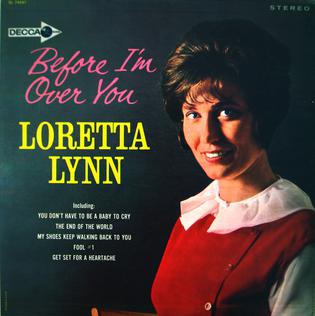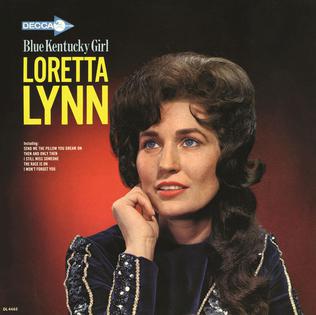| At the Cavern | ||||
|---|---|---|---|---|
 | ||||
| Live album by | ||||
| Released | 1963 | |||
| Recorded | 1963 | |||
| Venue | The Cavern Club (Liverpool, England) | |||
| Genre | Beat | |||
| Length | 10:00 | |||
| Label | Decca | |||
| Producer | Noel Walker | |||
| The Big Three chronology | ||||
| ||||
At the Cavern is a live extended play 45 rpm record released in 1963 by The Big Three. It was released on Decca Records as DFE 8552 in mono and reached #6 in the UK EP charts in December 1963. [1]

An extended play record, often referred to as an EP, is a musical recording that contains more tracks than a single, but is usually unqualified as an album or LP. Contemporary EPs generally contain a minimum of three tracks and maximum of six tracks, and are considered "less expensive and time-consuming" for an artist to produce than an album. An EP originally referred to specific types of vinyl records other than 78 rpm standard play (SP) and LP, but it is now applied to mid-length CDs and downloads as well.
The Big Three were a Merseybeat group from Liverpool. They are best known for their 1963 recording of "Some Other Guy". In their various time zones, the 'trio' utilised 14 different musicians.

Decca Records is a British record label established in 1929 by Edward Lewis. Its U.S. label was established in late 1934 by Lewis, along with American Decca's first president Jack Kapp and later American Decca president Milton Rackmil. In 1937, anticipating Nazi aggression leading to World War II, Lewis sold American Decca and the link between the UK and U.S. Decca labels was broken for several decades. The British label was renowned for its development of recording methods, while the American company developed the concept of cast albums in the musical genre. Both wings are now part of the Universal Music Group, which is owned by Vivendi, a media conglomerate headquartered in Paris, France. The US Decca label was the foundation company that evolved into UMG.
Contents
The liner notes are by Bob Wooler, the DJ at The Cavern Club in Liverpool where this live recording was recorded. [2]
Frederick James "Bob" Wooler was most notable for being instrumental in introducing The Beatles to their manager, Brian Epstein, and as the DJ at The Cavern Club.

A disc jockey, often abbreviated as DJ, is a person who plays existing recorded music for a live audience. Most common types of DJs include radio DJ, club DJ who performs at a nightclub or music festival and turntablist who uses record players, usually turntables, to manipulate sounds on phonograph records. Originally, the disc in disc jockey referred to gramophone records, but now DJ is used as an all-encompassing term to describe someone who mixes recorded music from any source, including cassettes, CDs or digital audio files on a CDJ or laptop. The title DJ is commonly used by DJs in front of their real names or adopted pseudonyms or stage names. In recent years it has become common for DJs to be featured as the credited artist on tracks they produced despite having a guest vocalist that performs the entire song: like for example Uptown Funk.

The Cavern Club is a nightclub at 10 Mathew Street, Liverpool, England.














